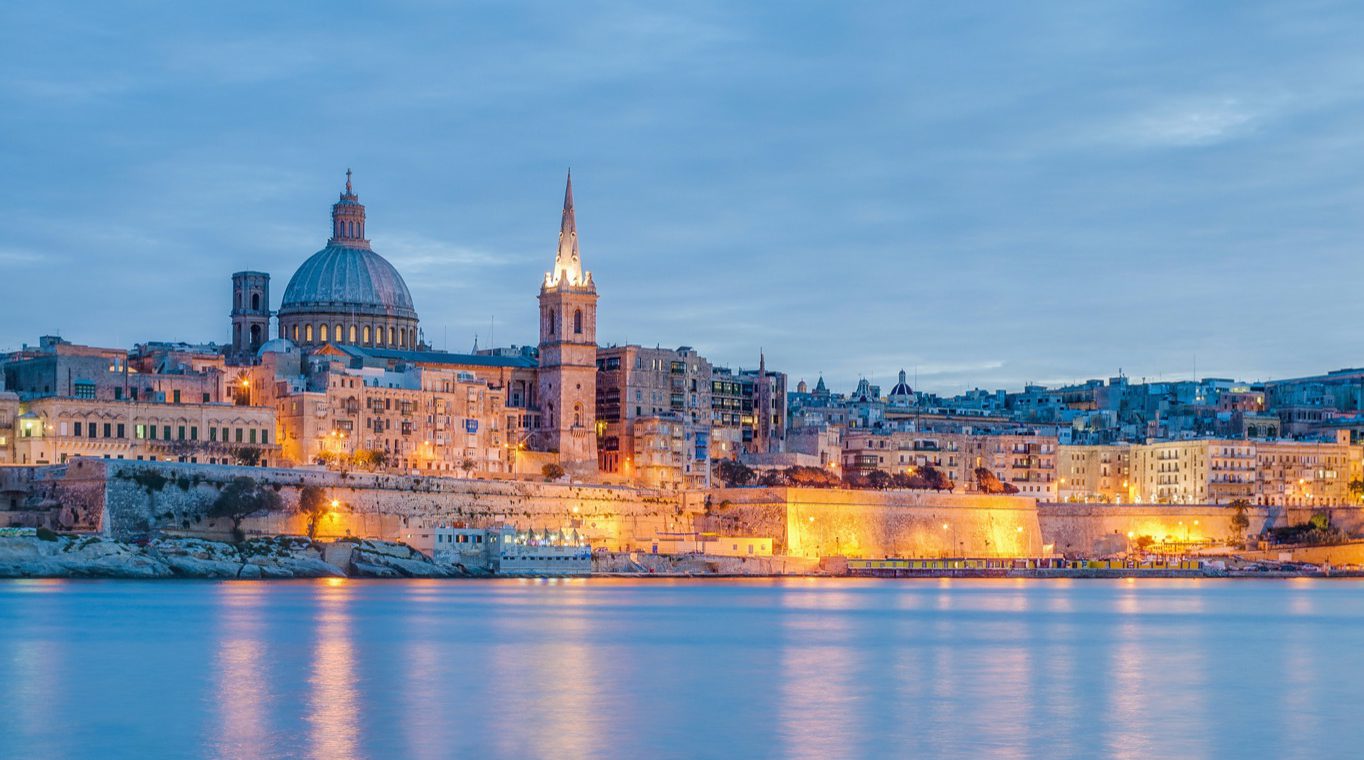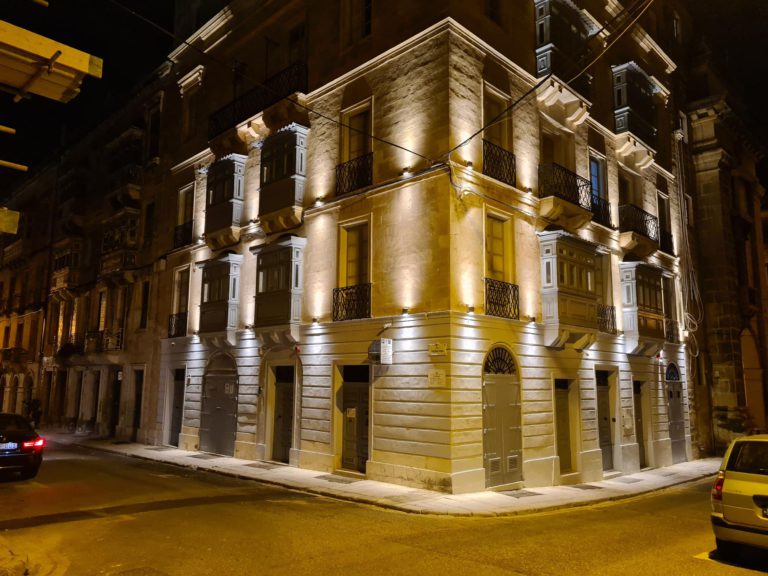On Wednesday Moody’s Investors Service released its credit rating for Malta, revealing an A2 Stable rating for the country, and saying it expects Malta’s economy to recover after the pandemic without permanent damage.
The credit rating agency noted that challenges to the rule of law, and those relating to corruption and money laundering remain, but said that the Government was taking measures to tackle the issues.
Among Malta’s strengths were its strong economic growth, elevated wealth levels, and its relatively small Government debt burden, Moody’s said.
The Government celebrated the review, with Prime Minister Robert Abela saying that the country’s reforms “are making a difference”, and emphasising that Moody’s expects Malta’s economy and public finances to “recover soon”.
Indeed, as confirmed by a Central Bank report on Tuesday, Malta’s economy remains stable, despite its pandemic blip. Government debt stands at 53.7 per cent.
For context, the UK’s net Government debt stands at 78.1 per cent of the nation’s GDP.
Moody’s expects Malta’s economy, as measured by GDP, to rebound 5.1 per cent in 2021, however, this relies on tourism arrivals picking up in the second half of the year – which will likely largely be reliant on vaccine speeds in Europe and the UK, as well as Malta.
This comes as, on Wednesday, the UK minister for transport, Grant Shapps, revealed that international travel from the UK could prospectively be banned until all UK adults (and potentially those abroad) have been vaccinated.
Malta’s vaccination scheme remains amongst the fastest in the EU and as of Wednesday, the country has administered 43,337 doses of the vaccine.
Self-employed, employees and companies contribute €2.1 billion in 2023
Parliamentary data reveals five-year growth trends in fiscal contributions
MFSA concludes review of Crypto-Asset Service Providers following MiCA implementation
The Authority provided clear expectations and guidance to address certain concerns.
Malta Development Bank to launch schemes supporting sustainable development and creative sector
In 2024, the MDB launched the SME Guarantee Scheme and the Guaranteed Co-Lending Scheme






